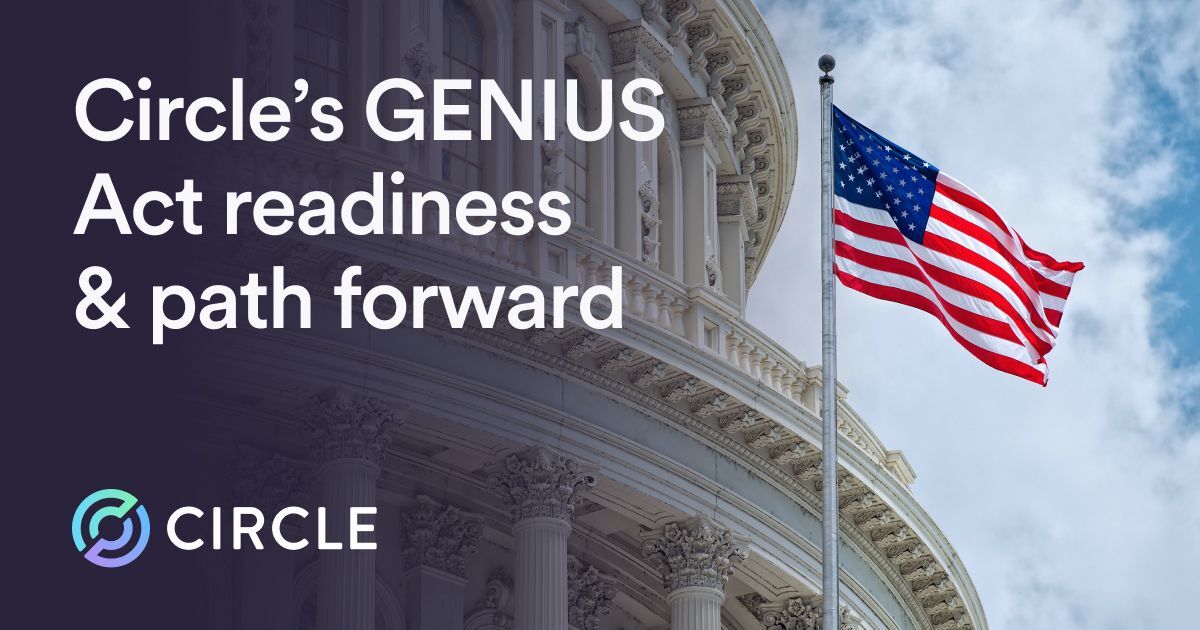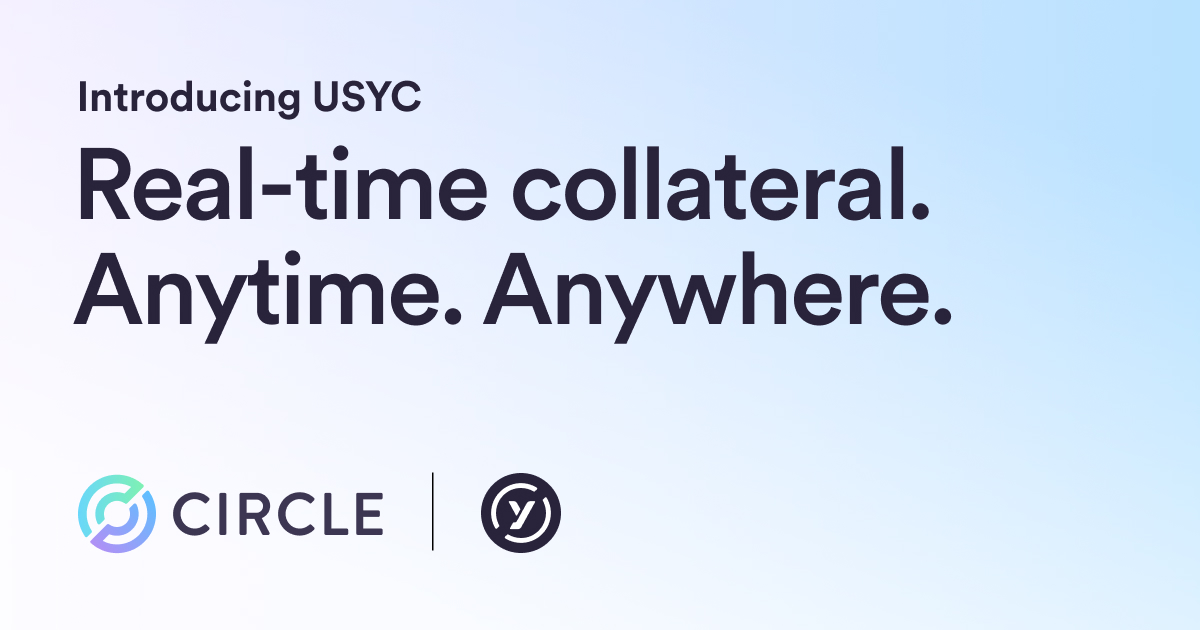Circle highlights the benefits of public blockchains and digital currencies for market competition and consumers’ best interests.

The Central Bank of Ireland published a discussion paper on its Consumer Protection Code Review, seeking industry input on consumer protection topics such as availability and choice of financial products, firms acting in consumers' best interests, innovation and disruption, digitalization, vulnerability, financial literacy, and climate matters. On February 14, Circle submitted its response, highlighting the benefits that blockchain-based financial services can bring to consumers through increased competition, broader choice, the disaggregation of financial services, and blockchain’s open and transparent architecture.
Circle offered recommendations on how financial supervisors can support innovation while ensuring consumers’ best interest. The benefits of public blockchains and digital currencies like USDC and EUROC for consumers around the world have always been the core driver of Circle’s mission to raise global economic prosperity through the frictionless exchange of value.
Circle’s key points
Encouraging competition ensures that consumers can choose the financial services most suited to their needs.
- Public blockchains can disaggregate the vertical integration of products and promote competition. For example, users of Circle’s digital currencies don’t rely on wallet access or network validation services provided by Circle. They can seamlessly switch between services competing at every layer of the stack. Compared to closed payments networks, public blockchains are inherently open, interoperable, and highly competitive.
Public guidance on what it means for a firm to act in the best interest of its customers is helpful and should be based on a rigorous and clearly defined taxonomy of services and assets.
- For example, a brokerage activity introduces a different set of risks and incentives compared to custody of assets. Any industry guidance should take the different asset types, activities, risks and incentives into account.
Firms offering novel financial products should be incentivized to engage with supervisory authorities before a formal application.
- Productive exchange between regulators and potentially-supervised entities should be strongly encouraged. For this reason, the enhancements that the Central Bank of Ireland has proposed to its Innovation Hub will be a vital and important component to provide regulators insight into these new products and services, and to allow innovations that can benefit consumer choice to take hold. For digital assets innovation, the Central Bank should consider an approach that includes a “regulatory sandbox” where digital assets firms can work with regulatory and supervisory authorities to test novel technologies and approaches with industry.
The inherent features of public blockchains will benefit consumer privacy while offering new, improved capabilities in the fight against illicit finance.
- Blockchain-based payment systems have the potential to disaggregate the proprietary and closed-loop stores of data that are accumulated by financial services providers and big tech companies that can pose risks to the privacy and security of consumers. Emerging blockchain technologies such as zero-knowledge proofs have the potential to protect individual privacy while enhancing compliance with financial regulations (AML/KYC).
The transparency of public blockchains will result in improved financial literacy and consumer protection.
- Financial services that rely on public blockchains can be safer than traditional financial services because data about the services are open and publicly examinable by default. This allows members of the public, commercial firms, and regulators to examine financial activity and proactively identify warning signs or wrongdoing. In several instances, Blockchain sleuths have already been essential for identifying recent, alleged criminal activity.
Financial regulators should take a more active role in informing consumers about market abuse/anomalies by tracking and analyzing analyzing blockchain transaction data in real-time.
- In line with the concept of “embedded supervision”, first coined by Raphael Auer from the BIS or a recent research paper on Decentralised Finance (DeFi) commissioned by the EU Commission, we agree that regulators should further examine the possibilities of issuing public opinions on projects and market activity in real-time.




